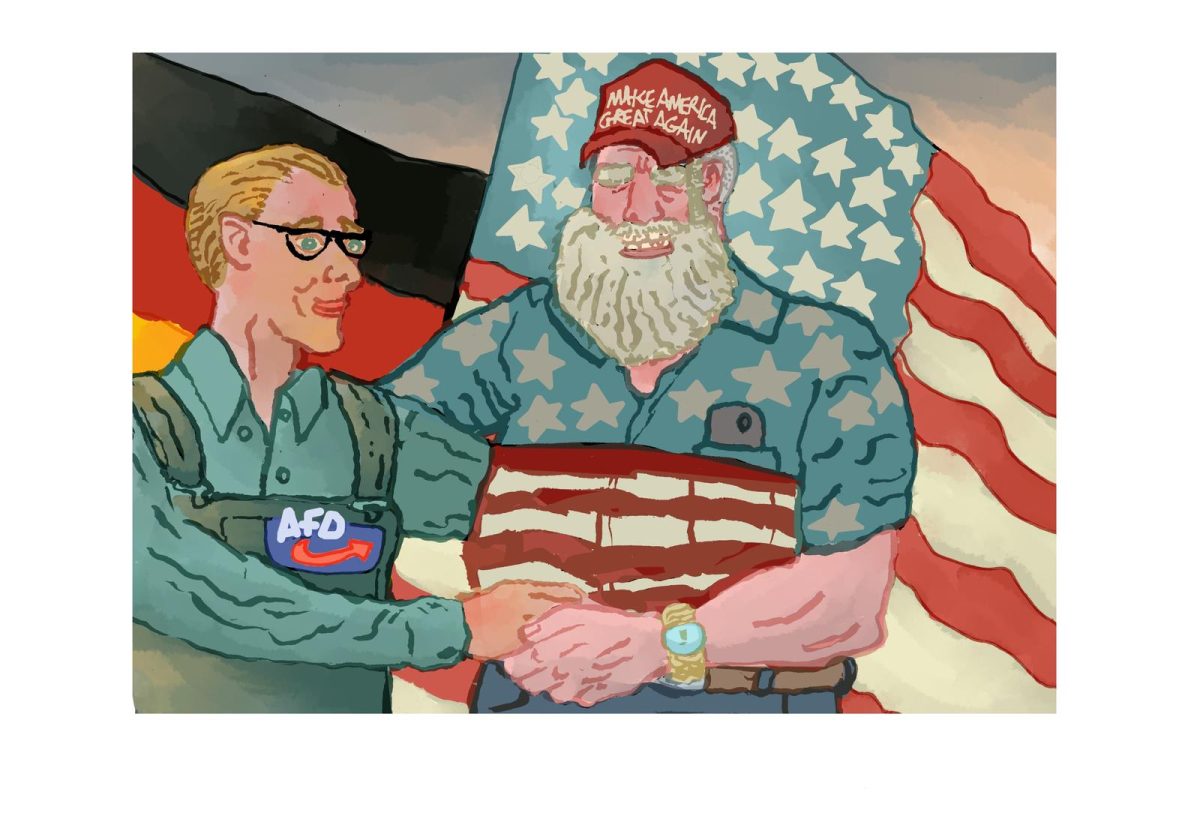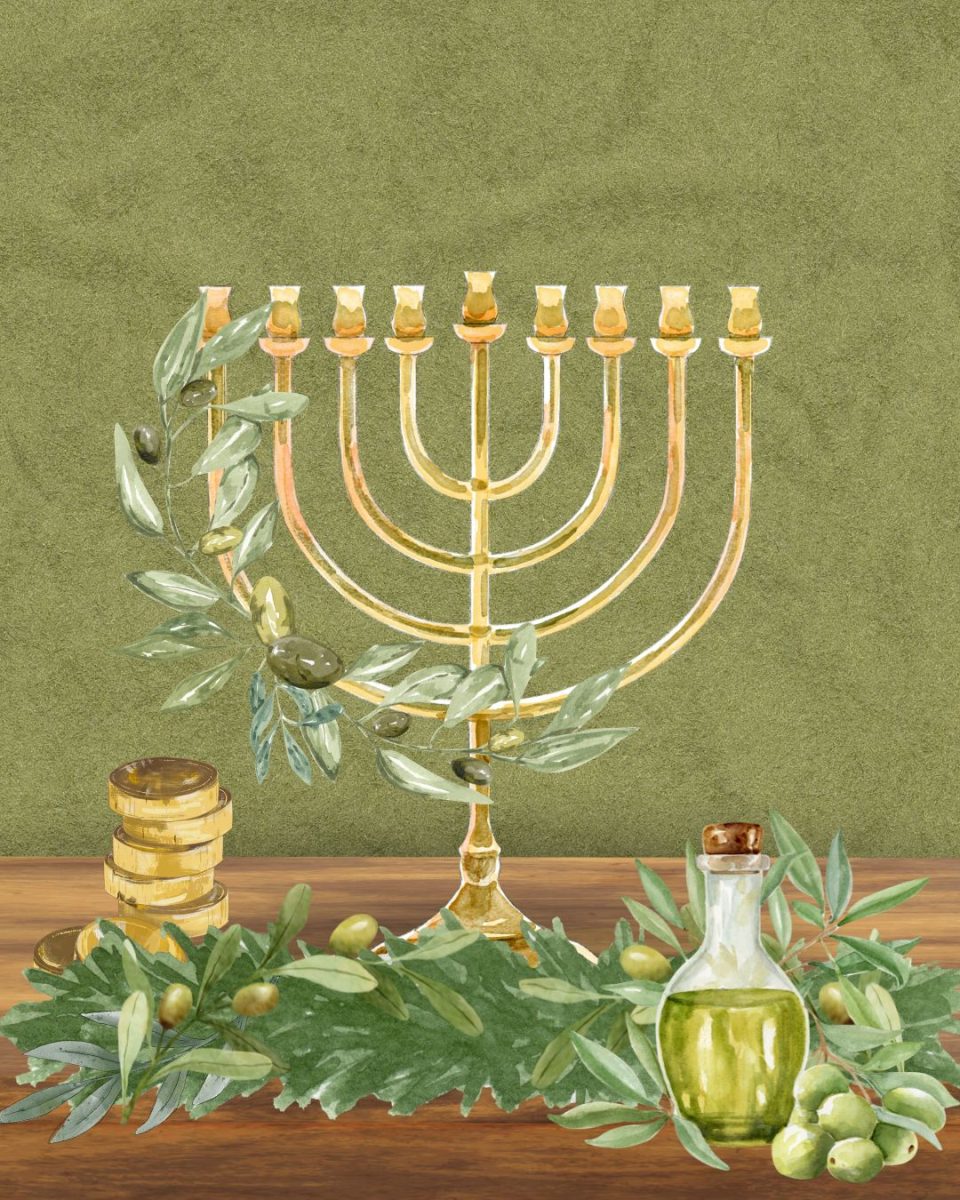He doesn’t look gay.
In your life have you muttered that statement or at least of thought it? It’s a sentence that relies heavily on old stereotypes produced by our culture.
He doesn’t look gay because he doesn’t have a limp wrist, hates musicals and packs on the muscle like it’s going out of style. The man is a man’s man, without the weird gay implications.
Growing up in California, I found out early on that masculine qualities were, for all intents and purposes, ideal in the LGBT community. It was a compliment for someone to tell you that you could “pass as straight.”
Worse, being slightly feminine at the wrong moment in front of a hostile crowd of heterosexual or homosexual individuals would often invite insults like “queen,” or even the pseudo-loving “gay face” comment.
It wasn’t until college that I recognized the rampant discrimination of femininity in the LGBT community, one that often escalates to marginalization in a group that already has enough hardships and disconnect. This makes the LGBT community come off as nothing but hypocritical.
“If you’re a femme in any way possible, people think you can’t be dominant. You lack leadership skills, you’re emotional. All these stereotypes that used to be employed against women as a whole during the last 50 years,” said Heather Sosa, a senior anthropology major at UC Riverside.
Sosa belongs to the group Queer People of Color, dedicated to open campus LGBT discussions like last week’s “I Like Them Straight Acting Boys.”
Sosa and others who have taken a peek at the online dating circuit can attest to the rampant disdain towards femininity in the LGBT community.
Phrases like “Only into Masc,” “no queens, no fems, be a man” or “only into str8 acting, no bitches” litter the online dating-verse.
There have been attempts by different fields to identify the reasons behind the negativity towards feminine males and others who don’t fit mainstream roles.
Liminality, a concept used by anthropologist Victor Turner, describes the middle stage an individual enters, one where they neither belong to one structure or another. It is a stage of transition where individuals are at their most vulnerable.
As CSUN anthropology professor Patrick Polk puts it, “beings in liminal state can be terrifying to other people. They are a combination of both and belong to neither.”
Numerous papers exist on beings considered to be in a permanent liminal state like bisexuals, the intersexed and transvestites.
Like the feminine male and masculine female, these liminal groups experience discrimination due to stereotypical implications that the LGBT community refuses to let go while fighting for equal rights.
When did it become punishable to be who you are in the LGBT community?
“When my brother came out to us, I think it was easier on all of us due him not being really feminine,” said Gabriella Castro, a 29-year-old DWP engineer.
An ardent supporter of LGBT rights, Castro isn’t surprised about this discrimination. A Mexican-American, Castro reflects on how she still encounters racial discrimination among those within her own community. “You have Mexicans who dislike Salvadorians. Light-skinned Mexicans who look down on dark-skinned Mexicans. Mexicans who even look down on other Mexicans just because the listen to native music while they secretly listen to it as well.”
This begs the question, if a light-skinned, masculine male stood next to a dark-skinned, feminine male, who would more acceptable? Masculinity and a light skin tone is far more mainstream in today’s society and, despite the fact that gay culture is vastly different from 90 percent of the United States straight culture, those that hold both qualities are considered the paragon of our heteronormative, cisgendered, white-privileging culture.
The result is a minority that looks down on femininity in its males unless they display exaggerated levels of “fabulosity” and possess social clout.
The LGBT community may want equal rights, but the steps that it has taken to be a part of the mainstream, to be accepted by the straight world, leave a bad taste in my mouth.
Due to this eagerness to be accepted , the cliche motto, “ we’re here, we’re queer, get used to it” no longer has the bite it once had.





